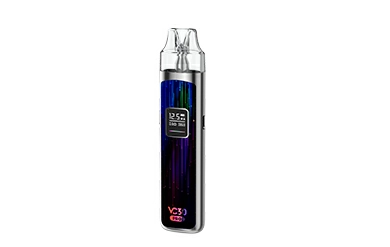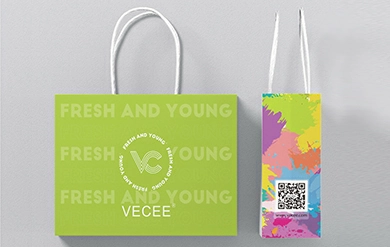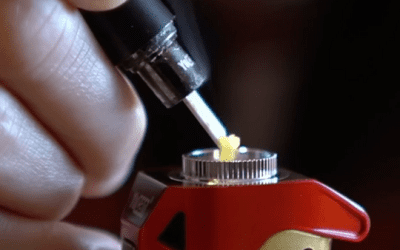Hundreds of millions of vapes are sold in the UK each year, but recycling rates remain dismal, new research shows. Merchants refuse to recycle, and new tax policies may increase users’ financial burden and market uncertainty.
The UK vape market is facing recycling challenges, with latest figures showing 360 million are sold every year and 5 million are thrown away every week.
New research provided by recycling experts Material Focus reveals that an estimated 250 million single-use vapes will be thrown away before they are banned. Although most of the UK plans to meet recycling targets by April 2025, in practice, things are not so smooth.
Many retailers are refusing to provide vape recycling points, which is worrying, according to researchers at Material Focus in 13 cities. In fact, 90% of retailers fail to provide appropriate recycling facilities. One of the main problems is the disposal of disposable vapes. The lack of suitable recycling methods has become a bottleneck in the market.
In response to this situation, the British government also recently announced a new vape tax policy, which is expected to be implemented in October 2026, causing product prices to rise further. According to the latest survey by research and insight agency Opinium, more than half (56%) of existing vape users believe that as prices rise, black market vape and vape sales will increase. In this regard, only a few vape users believe that price increases will reduce their consumption habits, and more people are worried about possible product quality and price uncertainty.
- Increase the price of vape/e-cigarettes (27%)
- Ban disposable vapes/e-cigarettes (23%)
- Put vape/e-cigarette behind store counter instead of displaying it (17%)
- Standardize all vape/e-cigarette packaging (e.g. remove brand/color) (14%)
- Reducing the number of vape/e-cigarette flavors available for purchase (13%)
Likewise, a minority of vape users believe these measures will also deter children from purchasing.
However, these measures may also trigger a series of unforeseen market reactions, including more adults and children turning to black market purchases, which may lead to regulatory and quality control issues.
Under the current situation, the e-cigarette industry needs the joint efforts of governments, retailers and consumers to achieve the goals of sustainable development and recycling of vape products.
According to incomplete statistics, 35 countries and regions currently ban the sale of vape.



















0 Komen